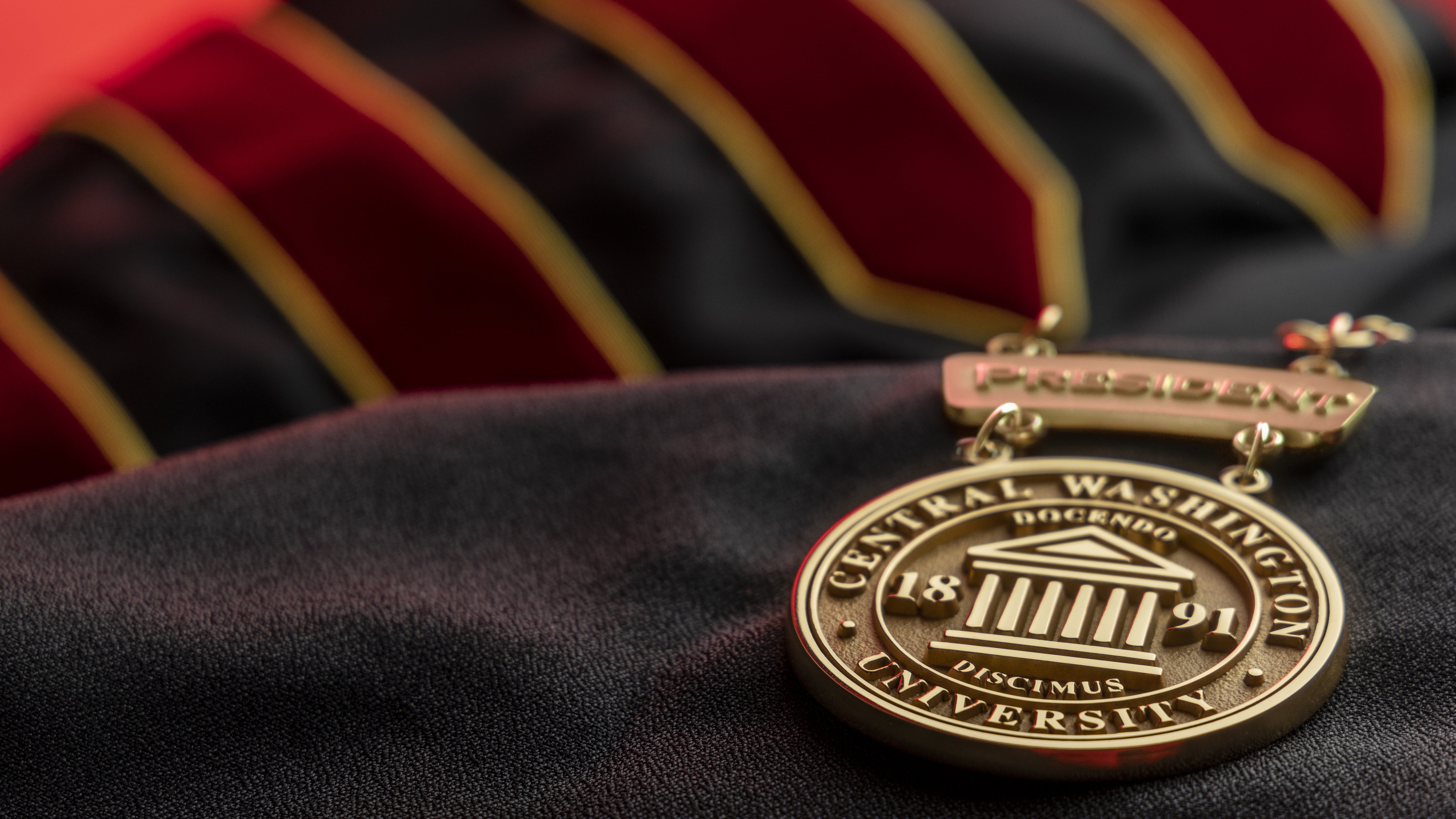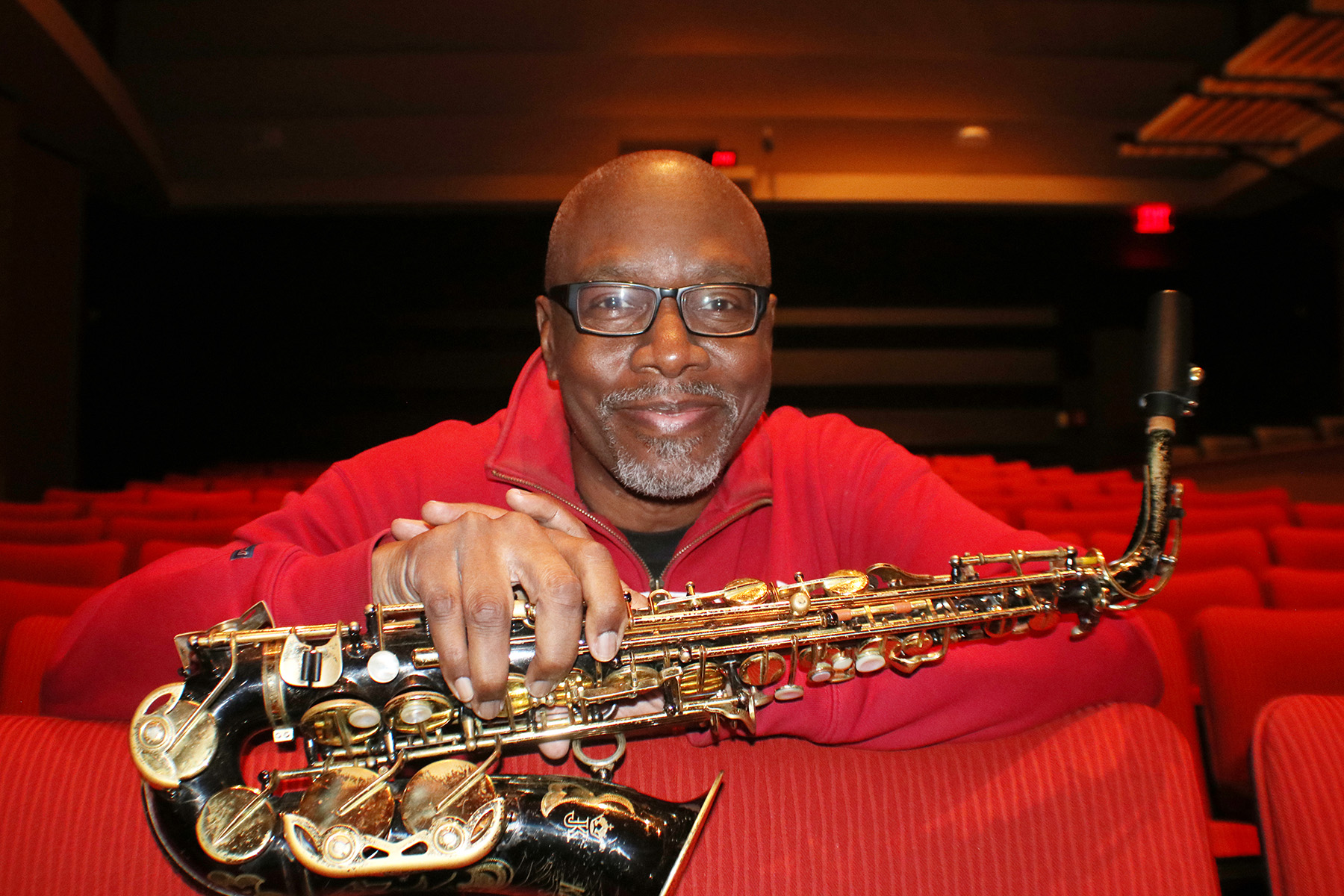
Office of the President
Science and Art Equipment Replacement
One of our long-standing goals at CWU is to properly prepare our students for the professional workforce and to meet the research needs of the future. As a public, comprehensive university with a focus on undergraduate teaching and learning, we prepare our bachelor’s degree candidates to use a variety of equipment they must master before they can succeed in their professions.
One of the hallmarks of a CWU education has always been the hands-on, practical, and workforce-focused experiences that make our graduates market-ready and highly sought-after by employers across the region. Therefore, the only way we will be able to respond to the needs of our business and industry partners is to update and replace the outdated laboratory equipment on our campuses. As we look to carry on these proud traditions, we must explore new avenues of providing a modern STEM education for both undergraduates and graduates, who rely heavily on the use of instrumentation in laboratory courses and fieldwork.
Aside from the maintenance of high-end instruments, such as our Scanning Electron Microscope, Nuclear Magnetic Resonance, Flow Cytometer, and Gas Chromatograph Mass Spectrometer, we need to update or replace aging equipment to ensure our students are adequately prepared to enter the 21st century workplace. This includes replacing our highperformance liquid chromatography system, workhorse ultraviolet-visible spectrometers, ground-penetrating radar systems, and the ultrapure water purification system.
Similarly, labs in our visual and performing arts programs provide the infrastructure our students use to hone their market-ready, technical, and softwarebased skills that will launch them into careers with top industry employers, such as Boeing, Amazon, and Microsoft. Keeping those labs updated—apace with technological advances—is a perennial challenge. Equipment in our labs includes hardware instruments from stalwart vendors (including Nikon and Yamaha) that are no longer servicing higher ed contracts, as well as computer, audio network, CAD-guided and sculpting tools, and studio instruments that range from five to 50 years old. On top of those challenges, future opportunities to resurrect this hardware with stopgap measures will be limited because the computerized technology that replaces much of our existing equipment has rendered our current inventory obsolete. This barrier comes in addition to the software upgrades that already affect our ability to use the hardware.
Physical instruments are not our only costs, however. Maintaining modern computers and virtual labs, and keeping software systems up-to-date are persistent challenges. Consider, for example, that our Geospatial Analysis Lab requires high-performance terminals with higher RAM, data storage, and graphics capabilities for Geographic Information Systems (GIS), global positioning, satellite imagery, and spatial data analysis. A single digital image for modeling terrain or temperature can approach a gigabyte in size. Similarly, software packages like Mathematica or MatLab cost tens of thousands of dollars per year for campus-wide licensing.
All app-based and cloud-based coursework in visual and performing arts is currently operating on equipment that is, at its most recent, five years old. Although we have been able to keep decades-old hardware running for certain components—audio consoles, lighting consoles, audio network peripherals, lighting fixtures (LED, computerized lighting), drawing tablets, scanners, and printers—we still are challenged to deliver new and updated software to meet modern industry demands.
Hands-on experience in our industry-standard facilities has prepared our students for a variety of professional settings, including engineering, research and development, national labs and academic labs, manufacturing, medical physics, software development, energy sector operations, and the military. Investing in our instruments and systems to make them current with the changing workplace standard is essential for maintaining our ability to graduate students who are prepared to operate sophisticated scientific instrumentation the moment they enter their chosen field.
CWU News

Online Master’s of Education program now offers special education endorsement
May 15, 2024
by Rune Torgersen

Lenny Price brings Detroit perspective to CWU Jazz
May 15, 2024
by University Relations